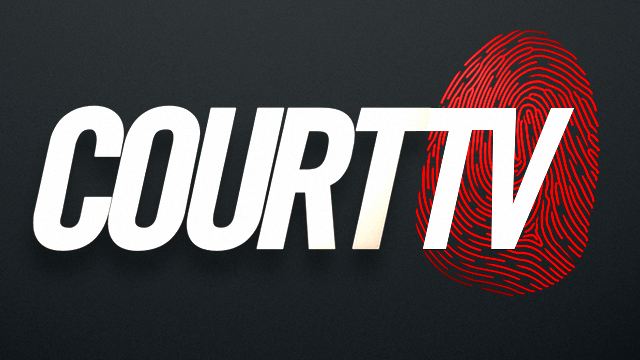Hire a Prison Consultant with
OVER 20 YEARS EXPERIENCE
We've helped over
Clients
Return to their families as quickly and safely as possible.
What is Perjury?
Perjury is the act of knowingly and willfully making false statements, either spoken or in writing, under oath in any official proceeding. The intent behind perjury is crucial; for a statement to be perjurious, it must be made with knowledge of its falsehood and with an intent to deceive. It’s not just about lying; it’s about lying when one’s words are vested with the weight of truth by an oath, undermining the integrity of the justice system.
Perjury Charges and Statutes
The federal laws regarding perjury are explicitly detailed in the United States Code:
- 18 U.S.C. § 1621 (Perjury Generally): This provision penalizes individuals who, having taken an oath before a competent tribunal, officer, or person to testify truthfully, willfully state any material matter which they do not believe to be true.
- 18 U.S.C. § 1623 (False Declarations Before Grand Jury or Court): Targets false statements made under oath in court proceedings or before grand juries.
Perjury Investigations
Given that perjury relates to testimonies and declarations in official proceedings, the investigation usually ensues within the context of the initial proceeding where the suspected perjury occurred:
- The Federal Bureau of Investigation (FBI) typically undertakes investigations related to allegations of perjury in federal proceedings.
- The U.S. Attorney’s Office can launch investigations based on suspected instances of false statements in proceedings under its purview.
- Depending on the nature of the proceeding, other specialized federal agencies might have a role in the investigation process.
Perjury Sentencing
Sentencing for perjury under the U.S. Sentencing Guidelines takes into account various factors:
- Gravity of the Underlying Proceeding: False statements in a murder trial, for example, might be treated with greater severity than in a civil deposition.
- Materiality of the Statement: Sentences can be harsher if the false statement was material or crucial to the proceeding’s outcome.
- Impact on the Judicial Process: Did the perjury significantly prolong the trial, lead to wrongful convictions, or otherwise hamper the course of justice?
- Prior Criminal History: Previous convictions, especially those related to obstruction of justice, can amplify the sentencing.
- Acceptance of Responsibility: Acknowledging wrongdoing, displaying remorse, and cooperating with authorities might lead to reduced sentences.
Violation of 18 U.S.C. § 1621 can result in fines and/or imprisonment for up to five years. Similarly, 18 U.S.C. § 1623 can carry a penalty of imprisonment for up to five years. Given that perjury can substantially alter the course of justice, and because of its direct assault on the judicial system’s integrity, those accused are emphatically advised to consult with competent legal representation.
Facing Perjury charges can be an overwhelming experience.
Retaining the services of Wall Street Prison Consultants can provide valuable guidance on navigating the legal process and understanding the ramifications of going to trial versus taking a plea.
Their expertise can help you prepare for sentencing hearings, explore early release options or sentence reductions, and ensure that you are well-equipped to achieve the best possible outcome in your Perjury case.






